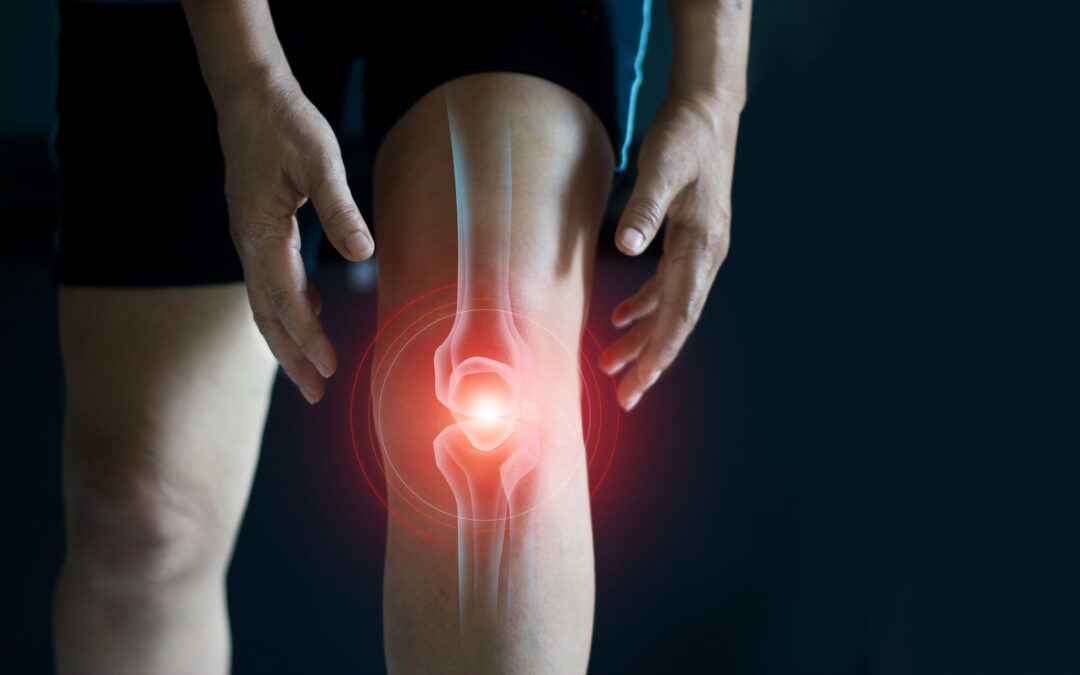With growing age, knee pain becomes common among adults. Being the most functional joint, a certain amount of wear and tear is predictable, but to those suffering from arthritis, it certainly becomes debilitating. So, if you are one of those who can walk, run, or hike without any major knee trouble, consider yourself lucky! As you age, certain factors such as inflammation due to low flexibility, heavy lifting, ligament injury or torn cartilage contribute towards the weakening of knee health. Many physical activities performed at an early age can help strengthen knees, muscles and other associated parts such as hips, calves, quads and ankles that avoid the future risk of injuries.
Six Tips to keep your Knee healthy:
Here we have listed some key tips that minimize your risk of experiencing pain, stiffness and inflammation to optimize your knee health:
1. Keep a check on your weight
Excess body weight puts tremendous pressure on your knees. The extra weight stresses the joints while performing any strenuous activity. Everyone must maintain ideal body weight to spare the weight-bearing joint from numerous preventable injuries. Weight loss has other significant benefits such as reduced joint inflammation, reduced pain and easy mobility.
2. Work on your posture
Slouching and stooping are the biggest enemies of your joint health. Understand the importance of correct posture in your life, especially to protect joints from the neck down to your knees. Poor posture gradually modifies the body’s centre of gravity, placing extra pressure on hip and knee joints. So next time, remember to stand and sit up straight to maintain the right alignment between your joints. Take the help of yoga and exercise to improve your posture and limit future risks.
3. Treat your joint injuries
Never ignore the swelling and pain that are associated with joint injury. Sports players are exposed early on to severe injuries and damage to the cartilage. In such cases, avoid high impact activity, don’t stress the joint, and seek medical help immediately. Give your knee the RICE treatment involving rest, ice, compression, and elevation to minimize the severity of the swelling and pain.
4. Strengthen your muscles
In your daily routine, focus on the specific exercises that target strengthening hip muscles, hamstrings, quadriceps and gluteus muscles. You should take the help of a trainer to learn how to stretch those muscles properly. This will go a long way in providing the right support and full range of motion to your knee joints.
5. Prioritize Calcium & Vitamin D in your diet
We all are aware of the importance of a calcium-rich diet for supporting bone health. Similarly, Vitamin D is another essential nutrient that contributes towards proper nourishment and calcium absorption. Low calcium in the body increases the risk of decreased bone density which is often detected in arthritis patients. Also, the deficiency of Vitamin-D can be compensated through sun exposure, a rich diet and supplements.
6. Quit Smoking
Many people can’t understand the relation between smoking and joint pains. Smoking can increase the risks of early onset of osteoporosis and deteriorates bone health. According to experts, smokers have a higher risk of rheumatoid arthritis, tendonitis, bursitis and lower back pain.
Final Thoughts
When it comes to knee health, adopting an active and healthy lifestyle makes you less prone to degenerative disease, causing inflammation & injury at a younger age. However, know your limits and don’t overexert yourself in any activity. Talk to your concerned doctor about certain exercises that can help prevent pesky knee problems in the future.



Recent Comments